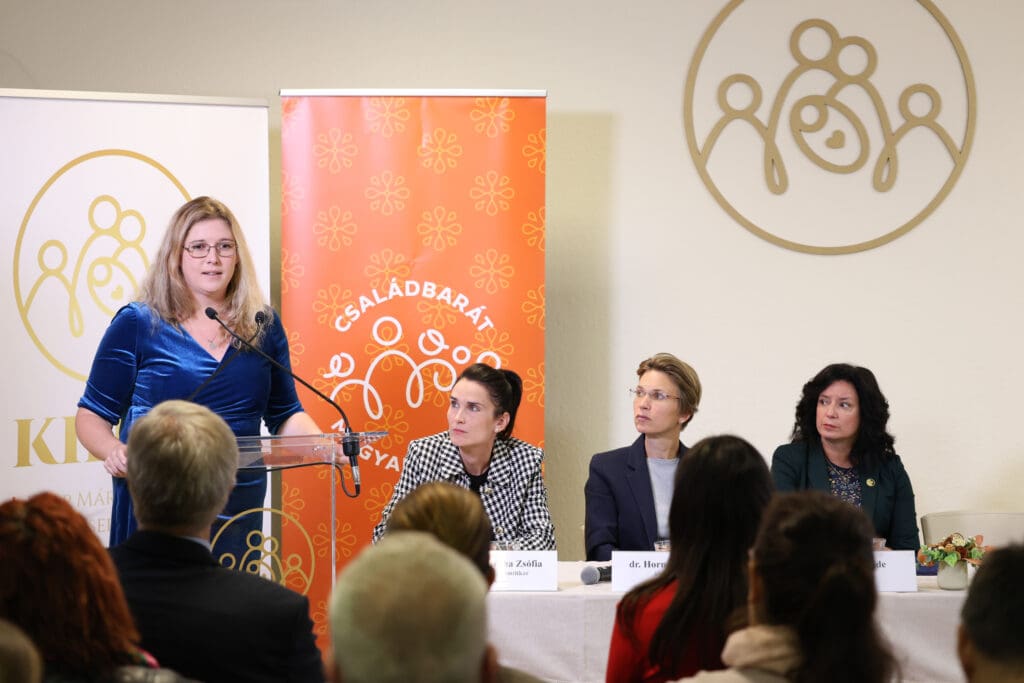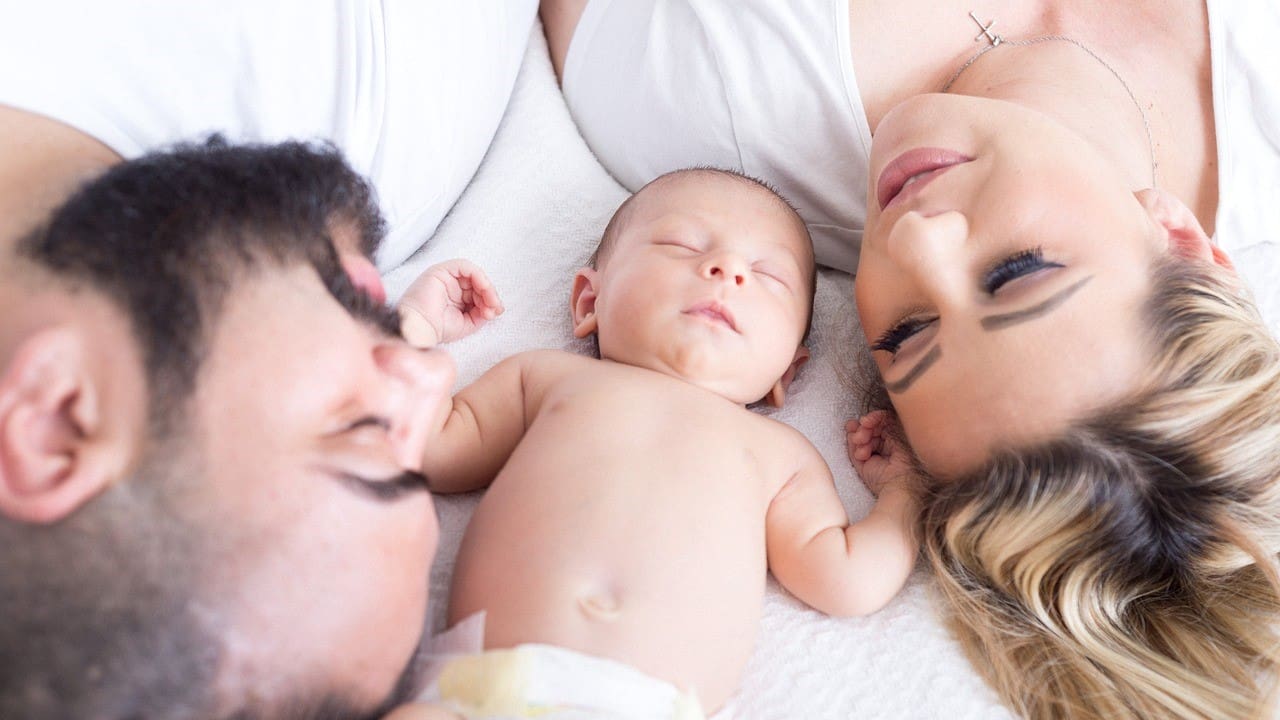The Kopp Mária Institute for Demography and Families (KINCS) held a conference in honour of World Mental Health Day on 10 October.
The Secretary of State for Families at the Ministry of Culture and Innovation announced that a roadshow focused on promoting mental health will begin in mid-October for the 13–14 age group. State Secretary Ágnes Hornung also spoke at the event, emphasizing the impact of mental well-being on overall health and the importance of addressing it. In modern societies, the prevalence of mental problems and disorders is unequivocally increasing, and a growing number of adolescents are grappling with issues such as exclusion and abuse, which can lead to severe anxiety or suicidal thoughts, the state secretary noted. She added that the ministry is therefore prioritizing preventive programmes related to mental health and will launch a national roadshow to address this topic. The roadshow will target 600 young people in four cities.
She emphasized that humans are social beings and feel the safest and most fulfilled when living within a community. The ideal situation is for a child to grow up in a family, where they find companionship from the very beginning of their life, Hornung remarked. She also pointed out that
harmonious families are essential for a well-functioning society,
and that the government views supporting mental health as a lifelong commitment, regardless of age. She underlined the government’s decade-long efforts to assist families in realizing their desire to have children and to support their well-being, as families are the most crucial building blocks of the nation, and the future of Hungary relies on them.
Deputy Secretary of State for Youth at the Ministry of Culture and Innovation Zsófia Nagy-Vargha provided details about the Thank You, I’m Fine. Really? roadshow. The roadshow will take place in the cities of Ajka, Ózd, Dombóvár, and Balassagyarmat, where young people will have the opportunity to watch a theatrical performance depicting online abuse. Following the performance, there will be small-group discussions with experts using drama pedagogy tools. Various organizations, including the United Nations Children’s Fund (UNICEF), the National Media and Infocommunications Authority (NMHH), the Hungarian School Sports Federation, and the Kopp Mária Institute for Demography and Families (KINCS), will participate in the events.

President of KINCS Tünde Fűrész presented the latest findings of the Institute’s longitudinal Well-Being Survey conducted since November 2020. According to the survey, the average well-being score among Hungarians has been a 7 on a 10-point scale over the past three years, with happiness rating at 7.4.
According to the survey, the happiest individuals are those living in a marriage or raising children.
Satisfaction was rated at 6.7 over a three-year average, with younger individuals generally being more satisfied. People raising very young children were the most satisfied, followed by active workers, while retirees were the least satisfied. The survey indicated that the ongoing conflict in Ukraine and the resulting energy and economic crises, significantly reduced the sense of satisfaction.
Regarding feelings of security, the president of KINCS mentioned that the sense of security declined in the summer of 2022 when the negative effects of the war began to affect people. However, in 2023, the sense of security began to recover. Notably, she added that men consistently reported a higher sense of security compared to women.
Health perception was at a low point in February 2021 during the peak of the COVID-19 pandemic but reached its highest point in December 2021 when people could celebrate together again, and vaccination rates were high. The survey also showed that the younger the person, the healthier they felt.
The survey revealed that the average score for evaluating one’s own situation was 6.8, while the country’s situation was rated lower, at 5.1. This suggests that people see the challenges but tend to view them as having less impact on their personal lives. Fűrész reported that older individuals had a more positive perception of the country’s situation, while younger individuals tended to be more pessimistic.
Clinical psychologist Melinda Hal, the leading researcher at the Mathias Corvinus Collegium Learning Institute, spoke about the importance of young people feeling safe and having a stable vision of their future when it comes to starting families. However, she highlighted that young people currently exhibit uncertainty about their future. She emphasized the importance of ‘coping abilities,’ flexibility, a sense of control, and a stable personality, with personal relationships and attachment playing essential roles in their development.
András Székely, the coordinator of the ‘Velem lehet beszélgetni’ (You Can Talk to Me) initiative, presented the programme aimed at enhancing communication, social, and emotional skills. He shared anecdotes of random people interacting on the street because of the programme. The initiative’s website provides practical advice, tools, and games to motivate young people to engage in conversations and offers workshops from elementary school to higher education.
Read more:








